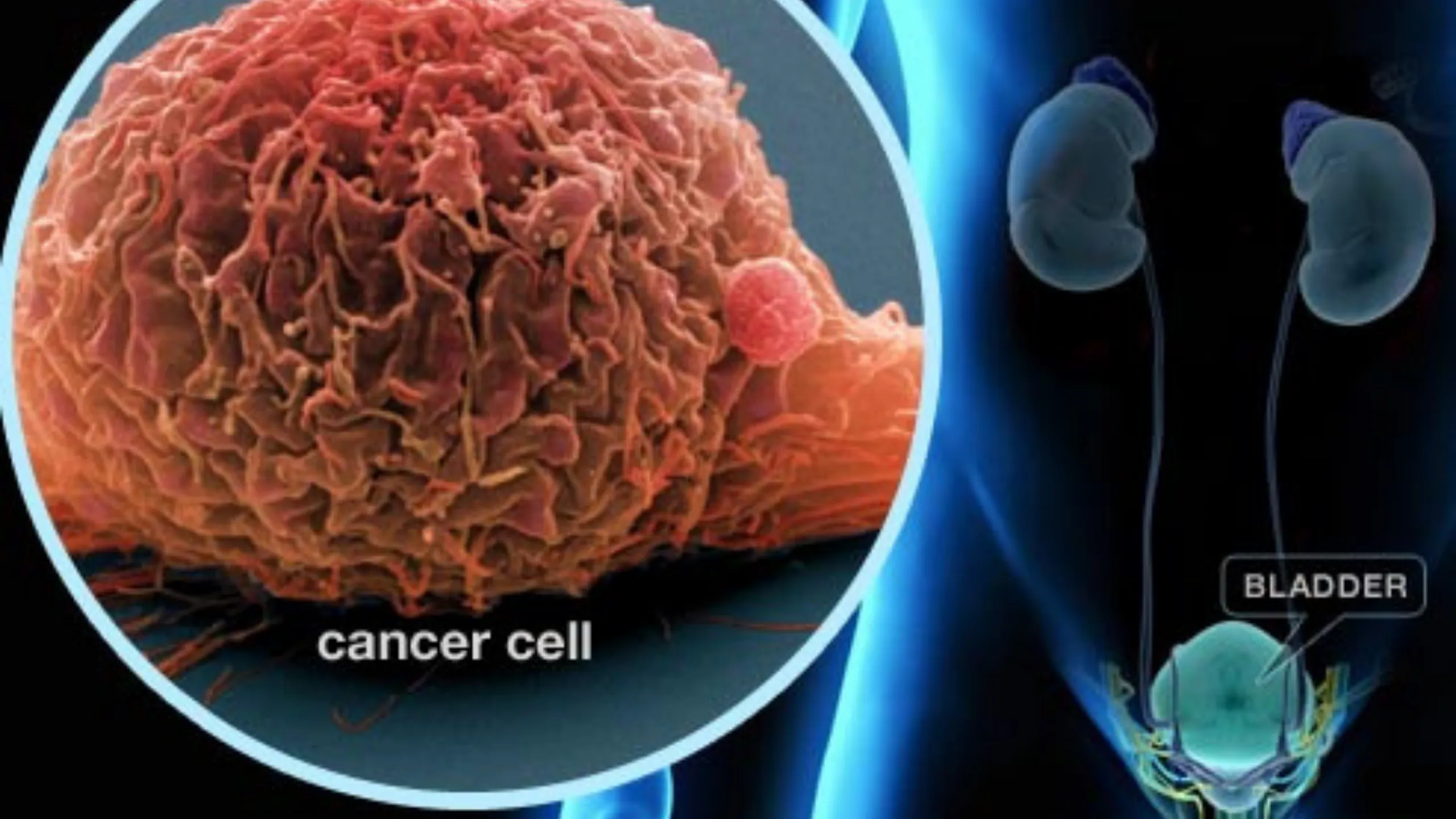
Bladder cancer happens when abnormal cancerous cells develop in the bladder. They can be benign or malignant. Malignant cancer can be life-threatening as they spread quickly inside the body. Not receiving proper treatment for bladder cancer can damage tissues and organs and spread to other parts of the body.
Bladder cancer happens to be the fourth most widespread cancer in men. Men have a greater chance of developing it than women. The number of cases affecting men has been stable in all these years but those affecting women have fallen. Hence,
What is Bladder Cancer?
Bladder Cancer usually begins in the transitional epithelium cells that line the bladder. Most of these cases are treated at an early stage when it is highly treatable. It can be life-threatening if not treated.
The risk of bladder cancer increases with age, and 90% of patients who are diagnosed with bladder cancer are aged over 55 years. There are various types of bladder cancer, but the most common among them are urothelial and transitional cell carcinoma.
Treatment available for Bladder Cancer
The treatment of bladder cancer depends upon its size, whether it has spread, the type you have, what the cancer cells look like, and your general health. Bladder cancer treatment varies with different stages. They are:
- Early Bladder Cancer – In early bladder cancer, the cancer cells are only in the inner lining of the bladder. Usually, surgery can remove cancer followed by chemotherapy.
- Invasive Bladder Cancer – Invasive bladder cancer has spread into our through the muscle layer of the bladder. The main treatments cover surgery or radiotherapy or chemotherapy and radiotherapy simultaneously.
1. Surgery
Surgery is the extraction of the tumor and some neighboring healthful tissue during an operation. There are several prototypes of cryosurgery for bladder cancer. Your physician will recommend a specific surgery based on the stage and grade of the disease.
2. Chemotherapy
Chemotherapy is the usage of drugs to suppress cancer cells. It usually stops the cancer cells from growing, dividing, and making more cells. A chemotherapy schedule typically consists of a specific number of cycles over a period of time. A patient may receive one drug at a time or a combination of different drugs given at the same time.
3. Immunotherapy
Immunotherapy is also biologic therapy which is designed to boost the body’s natural immune system to fight cancer. It uses materials either by the body or in a laboratory to improve, target, or restore immune system function. It is given locally or throughout the body.
4. Targeted Therapy
Targeted therapy is a procedure that targets cancer’s specific genes, proteins, or the tissue environment that contributes to cancer growth and survival. Also, this type of treatment hinders the tumor growth and lay of cancer cells while restricting the damage to healthy cells.
5. Radiation Therapy
Radiation Therapy is the practice of high-energy x-rays or different particles to defeat cancer.
Recovery from bladder cancer is not always possible. So, if cancer is advanced or beyond control then it is called advanced or terminal.
